China Attends CEDAW Meeting on Consideration of Country's Ninth Periodic Report
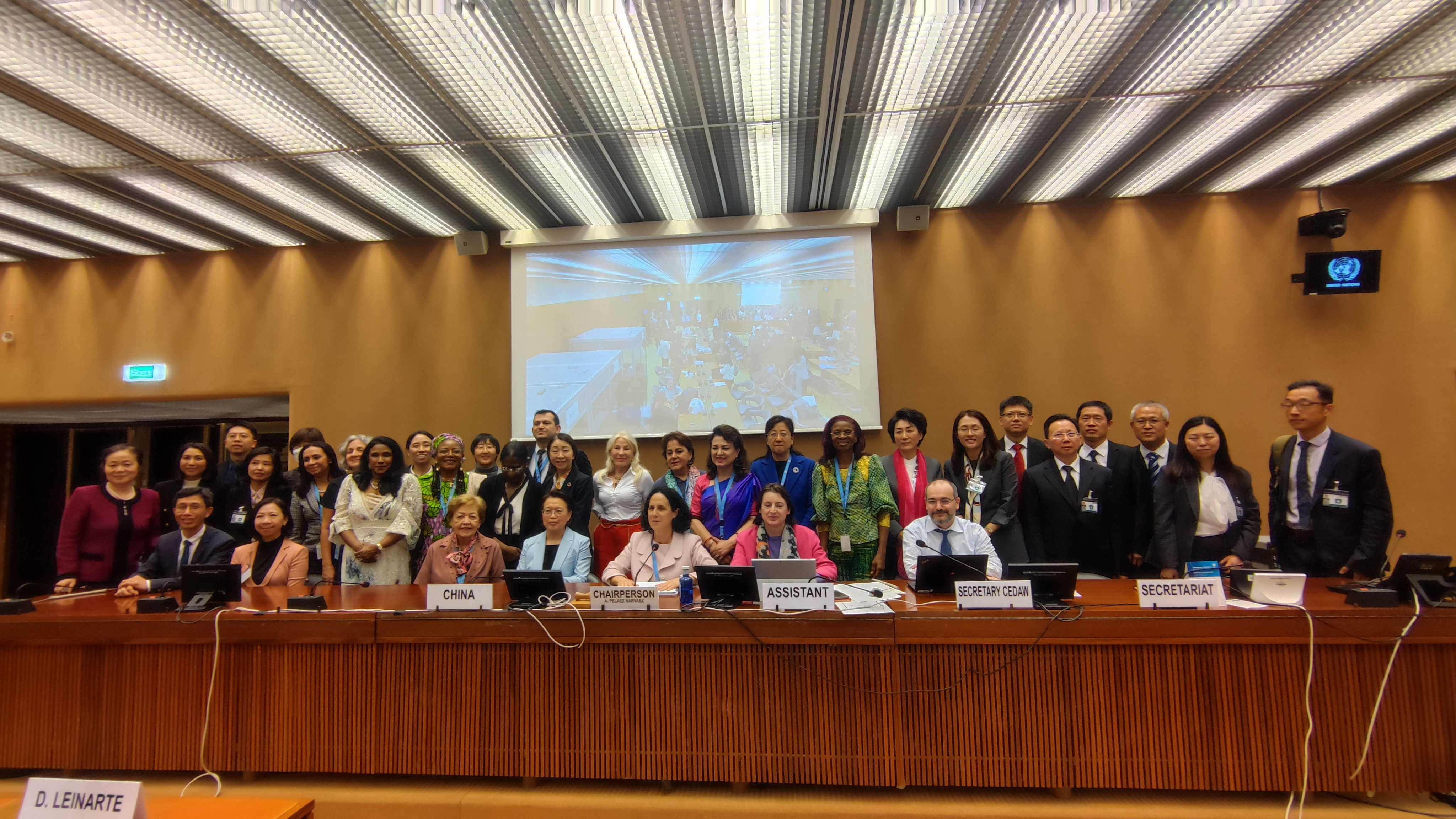
A Chinese delegation attended a meeting held in Geneva, Switzerland, on May 12, 2023. During the meeting, the Committee on the Elimination of Discrimination against Women of the United Nations considered China's ninth periodic report on the implementation of the Convention on the Elimination of All Forms of Discrimination against Women (CEDAW). Huang Xiaowei, Vice-Chairperson of the National Working Committee on Children and Women, under the State Council, headed the delegation composed of representatives of the Central Government and the governments of the Hong Kong and Macao Special Administrative Regions (SARs). Representatives of the Central Government included officials from 16 departments and agencies in charge of women's development and rights protection.
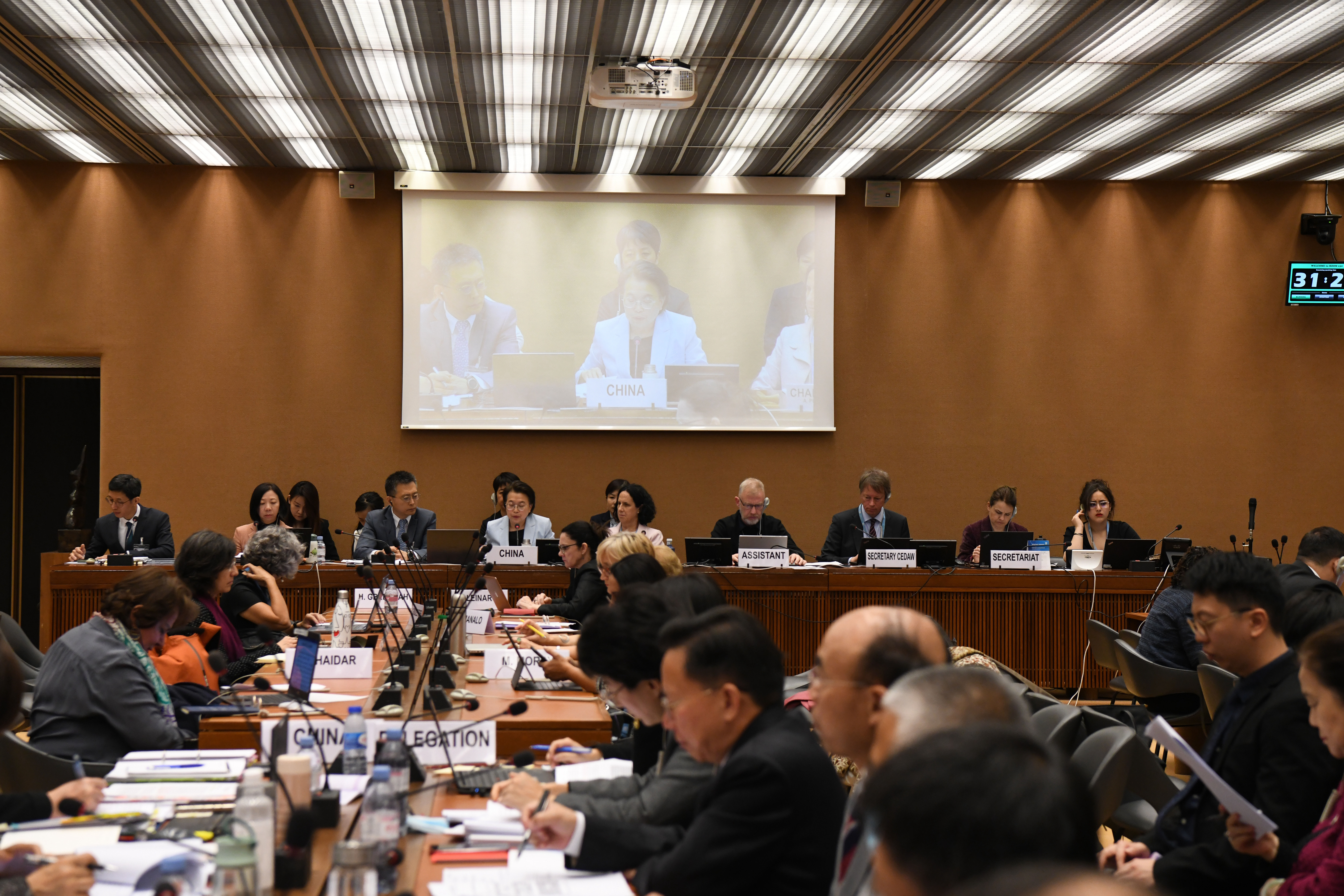
Huang made an introductory statement, during which she said the Chinese Government had set up a working group composed of officials from 29 ministries and departments to draft the ninth periodic report, and submitted as required by March 2020. The ninth periodic report comprehensively reflected China's policies, practices on and historic progress reached in the advancement of gender equality and women's all-round development since 2014, when the Committee considered China's seventh and eighth combined periodic report. The ninth periodic report also reviewed China's latest achievements on implementing the concluding observations of the last consideration in 2014. In February this year, the Chinese Government submitted detailed replies to the Committee's List of Issues, Huang added.
The Chinese Government attaches great importance to gender equality, and to women's all-round development. During the Global Leaders' Meeting on Gender Equality and Women's Empowerment (in 2015), and the High-level Meeting on the 25th Anniversary of the Fourth World Conference on Women (in 2020), Chinese President Xi Jinping put forward the important propositions that protection of women's rights and interests must become the commitment at the national level and that we need to ensure women advance at the forefront of our times, Huang noted.
Since the CEDAW Committee considered China's report in 2014, China has continued to improve its legal system for the comprehensive protection of women's rights and interests, implement the national action plan for the all-round development of women, and significantly improve the livelihood and status of women. The Chinese Government has put life first and foremost, significantly improved women's health, robustly protected girls' and women's equal right to education, endeavored to eliminate all forms of violence against women, actively promoted women's extensive participation in decision-making and management, and promoted women's participation in high-quality development. As a result, historic achievements have been reached in women's undertakings, and numerous women — who have striven to undertake great causes, be advocates of civility and dream-chasing trailblazers — have risen to the forefront of our times, Huang said.
Huang also noted the 20th National Congress of the Communist Party of China (CPC), held in October 2022, drew a magnificent blueprint for advancing the rejuvenation of the Chinese nation on all fronts through a Chinese path to modernization. She said President Xi, in March, proposed the Global Civilization Initiative. It is impossible to advance the Chinese modernization drive and build a culturally advanced and harmonious world without the extensive participation of women, and endeavors in these areas will open up broader prospects for women's all-round development in return. China will make further efforts to guarantee women's equal exercise of democratic rights, in accordance with the law, equal participation in economic and social development, and equal access to the fruits of reform and development. China pays great attention to international exchanges and cooperation on women's issues, and China will continue working with the international community to enhance women's development worldwide, Huang added.
Representatives of the Hong Kong and Macao SARs shared positive progress in the implementation of the Convention in Hong Kong and Macao, respectively.
During the review process, experts of the CEDAW Committee recognized China's achievements in the development of women's cause and the implementation of the Convention, noted the implementation of China's Anti-Domestic Violence Law, the promulgation of the Civil Code, the revision of the Law of the People's Republic of China on the Protection of Rights and Interests of Women, and the formulation of the China National Program for Women's Development (2021-2030), and raised questions on issues of concern to them. The delegation responded earnestly to the questions, one by one, and shared with the Committee the facts they know and told the experts what the Chinese Government has done to implement the Convention with detailed data and specific cases. The delegates also highlighted the great progress achieved by China in the development of human rights, and they presented a true, multidimensional and panoramic view of China.
The CEDAW, one of the UN's core conventions for the protection of human rights, was adopted by the UN in December 1979. China signed the Convention in 1980, submitted its instrument of ratification the same year, and became one of the earliest signatory states of CEDAW. The Hong Kong SAR began implementing the Convention in 1997, after its return to China, and the Macao SAR in 1999, after its return to China.
(Source: Xinhua/Translated by Women of China)
Please understand that womenofchina.cn,a non-profit, information-communication website, cannot reach every writer before using articles and images. For copyright issues, please contact us by emailing: website@womenofchina.cn. The articles published and opinions expressed on this website represent the opinions of writers and are not necessarily shared by womenofchina.cn.

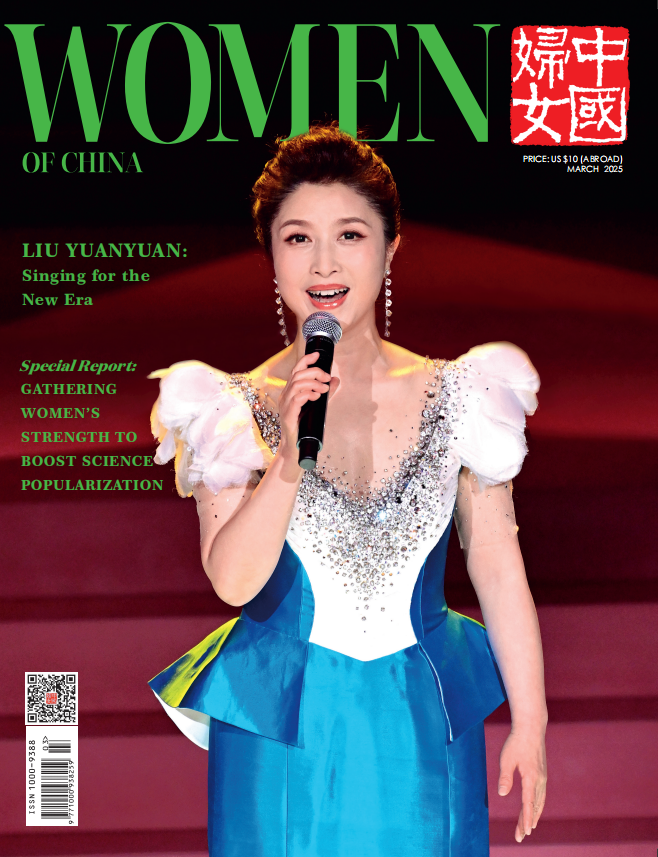




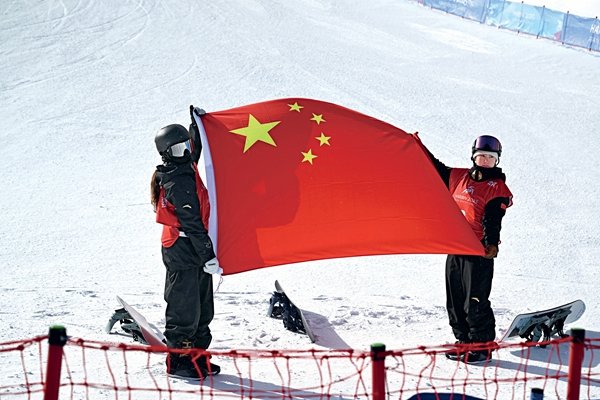
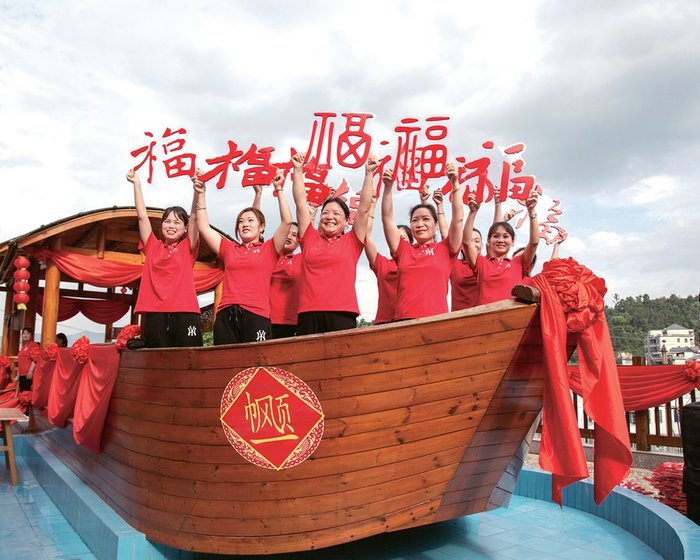
.jpg)

 WeChat
WeChat Weibo
Weibo 京公网安备 11010102004314号
京公网安备 11010102004314号